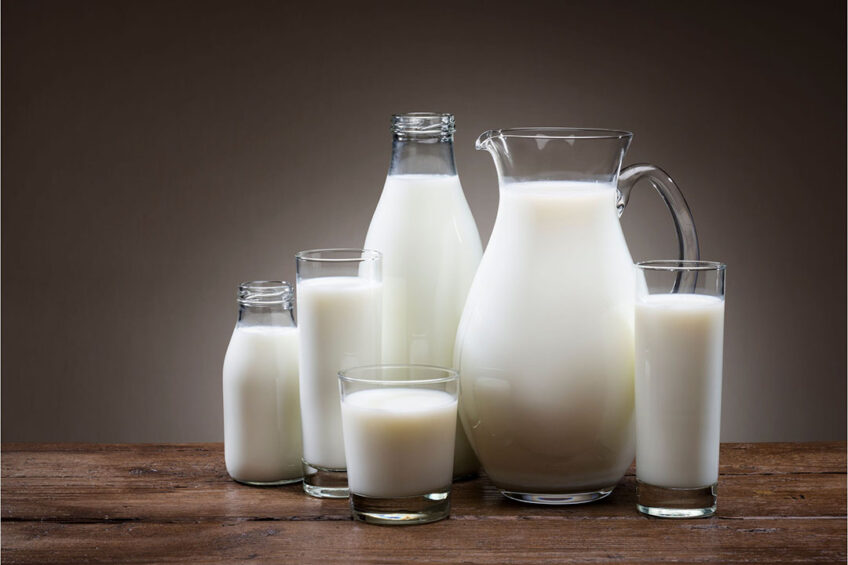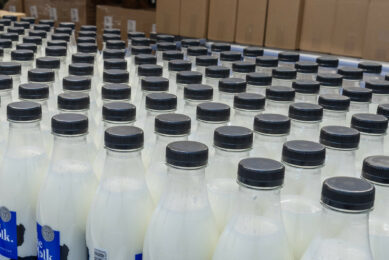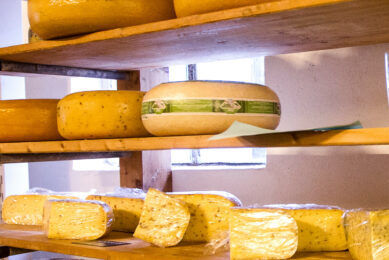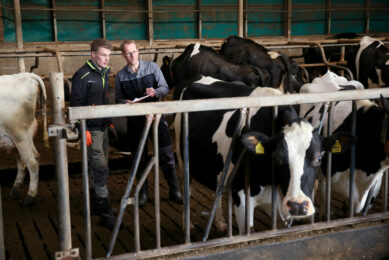Russia bans Kyrgyzstan dairy products

The Russian veterinary watchdog, Rossselhoznadzor, has banned the import of dairy products from Kyrgyzstan. It claims that a routine inspection uncovered violations of veterinary rules as a result of which delivered goods could not be considered safe.
Kyrgyz dairy companies interviewed by the Russian publication Dairy News claimed that the Russian authorities use the veterinary claims as an excuse to protect their domestic market.
Syimyk Taychabarov, head of the Dairy Association of Kyrgyzstan, said that the decision came as a surprise for local dairy companies. He said that the Rosselkhoznadzor inspectors who visited the country in April expressed their satisfaction with product quality and safety.
In the first quarter of 2023, Kyrgyzstan’s dairy exports to Russia jumped nearly 5-fold compared with the previous quarter to 1,300 tonnes. According to the association, the country, on average, sells about 8,000 tonnes of dairy products to Russia, 30-40% of total dairy exports.
Dairy competition
“This issue is political in nature. The step is associated with the protection of [Russian] producers. We understand that [Russia] needs to take certain measures since Kyrgyz products compete with Russian ones in price,” Taychabarov claimed. The Kyrgyz government officials express a similar opinion.
“The situation with the ban on the import of our milk to Russia is about politics,” ex minister of agriculture of Kyrgyzstan, Torogul Bekov, told local press, adding there was no need to impose restrictions since all veterinary issues could have been swiftly sorted out by the veterinary agencies of the country. The current dispute could add tensions to Kyrgyz-Russian trade relations.
“The point is that even if the situation can be resolved, such actions do not add trust in partnerships,” Bekov said.
A severe blow
The Russian import ban put the Kyrgyz dairy industry in a bind. Dairy companies are urgently looking for alternative sales markets, but it could take a lot of time and effort to redirect supplies to new customers.
“In Kyrgyzstan, milk is produced by 130,000 farms, many of which are family-owned, and their budget is supported by milk production. Our processing enterprises will buy less milk from farmers, and this will immediately affect their incomes,” Taychabarov said.
A part of the problem is that around this time of the year, Kyrgyz farmers take their cattle to pastures, and milk production is about to jump by 50-100% compared with the previous months. Some dairy companies, like Molproduct, are primarily focused on exports.
“We don’t know what to do yet. The situation is catastrophic; it will be very difficult for exporters. We are looking for ways out. Now we plan to send products to Kazakhstan, as we have customers there, but I don’t know if they can immediately take such production volume,” said Svetlana Khripkova, CEO of Molproduct.
Join 13,000+ subscribers
Subscribe to our newsletter to stay updated about all the need-to-know content in the dairy sector, two times a week.










